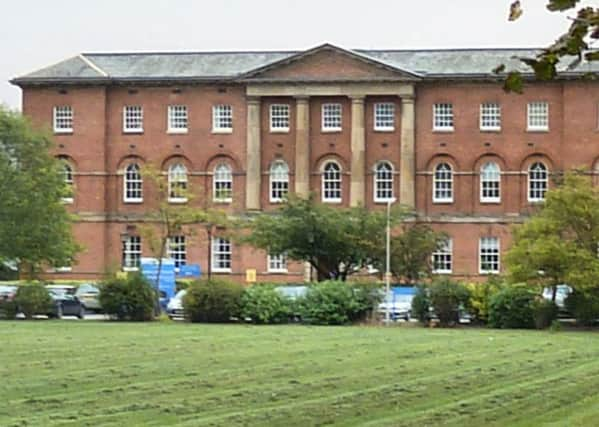YP Comment: Equal status at last for the mentally ill


Yet it will take more than words on Mr Cameron’s part to achieve the level of parity now being envisaged after it was announced that an additional million people will receive treatment for mental health and psychiatric problems each year by 2021. Like social care, where local authorities simply cannot keep up with demand for services despite town halls being given dispensation to impose a two per cent levy on council tax bills for 2016-17, emergency mental health crisis care is only available in half of the country because of funding pressures. How will this be remedied?
It does not end here. A report last week revealed the number of patients who have to travel more than 30 miles for specialist care. And then there is York’s Bootham Park Hospital which had to close abruptly last year after the Care Quality Commission (CQC) found it was not fit for purpose. The consequence was patients having to be taken to other parts of the country, causing great unrest to them and their families, and only now are some outpatient clinics being resumed. It should not have taken a crisis of management of this magnitude for the importance of Bootham Park’s work to be recognised.
Advertisement
Hide AdAdvertisement
Hide AdAs such, it is vital that today’s independent task force findings are implemented in full and that the commitment of politicians like Mr Cameron does not waiver as their agenda changes on an hourly basis. This is one of the issues which should transcend party politics because of its importance; indeed the moral case for change is so overwhelming that anything else will be a betrayal of the mentally ill and a false economy for the wider NHS.
A £20bn question: Will Brexit be good news for farmers?
The Prime Minister clearly believes that he is negotiating a good deal for Britain with his EU reforms. The problem, from David Cameron’s perspective, is an increasing number of voters beg to differ – they do not believe that the UK’s future relationship with Brussels will be fundamentally different.
Ahead of a ‘make or break’ week of negotiations, Mr Cameron appears to have lost sight of the need to review ever aspect of policy rather than discuss matters in sweeping generalities. This applies to judicial matters, the use of ‘state aid’ to safeguard manufacturing, river management and the final outcome’s impact on farming.
For, while most in the agricultural sector would clearly favour a level playing field with their European counterparts, and also less red-tape, Brexit will have significant repercussions on the future of EU subsidies – critical to the viability of many farms and worth £20bn to British agriculture between now and 2020 – and also their ability to export their produce. Will every trade deal have to be negotiated separately, a time-consuming process that might, in fact, compromise their industry’s future?
Advertisement
Hide AdAdvertisement
Hide AdAs such, it is perturbing, but not surprising, that Environment Secretary Elizabeth Truss and Defra do not appear to have a ‘plan B’ – this is a Minister whose response to the Yorkshire floods still leaves so much to be desired. As such, former North Yorkshire MP Anne McIntosh, the former head of Parliament’s environment select committee, is right to call for the ‘full facts’ to be given to farmers so they can consider the £20bn subsidy question. Her call is one that should be heeded, and sooner rather than later.
The world in 2016: Are underwater cities for real?
IT is ironic, given the winter floods, that underwater cities could become a reality in a century’s time according to a new report by futurologists which also predicts the advent of super skyscrapers and personal drones becoming the de facto mode of transport. It’s one way of circumventing the need for governments to invest in flood defences.
Yet, while these forecasts point to the world struggling to keep pace with the continued expansion of the global population, it can also be confidently predicted that three issues will not have changed by 2116. Trust in politicians will remain at a low ebb, Yorkshire’s politicians will be at loggerheads over devolution and England’s footballers will still be unable to win a penalty shootout.